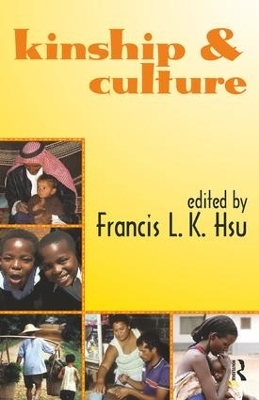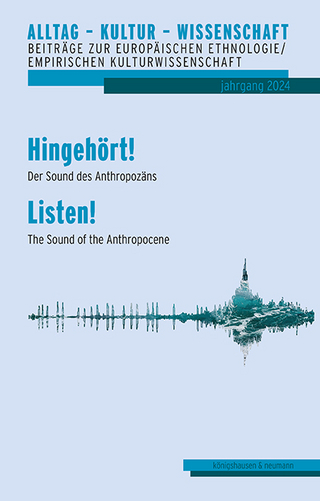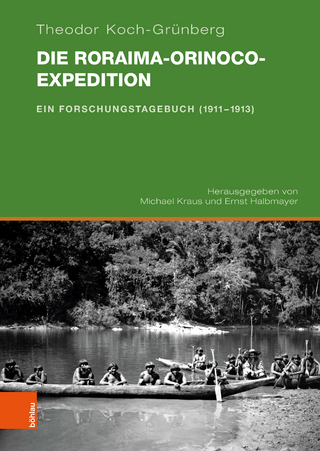
Kinship and Culture
Routledge (Verlag)
978-1-138-52676-1 (ISBN)
Hsu's hypothesis offers an alternative to the study of kinship as a mathematical game and to the treatment of fragmentary aspects of child-rearing practices as major causal factors in culture. Considering the kinship system as the psychological factory of culture, Hsu's aim is to discover the crucial forces in each system that shape the interpersonal orientation of the individual, which forms the individual's basis for adequate functioning as a member of his society and which, in turn, provides his culture with a basis for continuity and change. His central hypothesis is that the attributes of the dominant dyads in a given kinship system (such as father-son or mother-daughter) tend to determine the attitudes and action patterns that the individual in such a system develops toward other relationships in that system as well as toward his relationships outside of it.
The topics are varied, ranging from the link between dyadic dominance and household maintenance, to role dilemmas and father-son dominance, to sex-role identity and dominant kinship relationships. The editor has contributed an introduction, an original essay on kinship and patterns of social cohesion, and a summary chapter to bring coherence to the diversity of opinion stated. This new presentation of Hsu's hypothesis, together with its discussion by eminent anthropologists and its recommendations for future research in the area, is an important addition to the literature on kinship.
Francis L.K. Hsu
EDITOR'S PREFACE, INTRODUCTION, 1. A Hypothesis on Kinship and Culture, PART I. THEORETICAL EXPLORATIONS, 2. Notes on the Hsu Hypotheses, 3. Dyad Dominance and Household Maintenance, PART II. ETHNOGRAPHIC EXPLORATIONS, 4. The Suku of the Congo: An Ethnographic Test of Hsu's Hypotheses, 5. Role Dilemmas and Father-Son Dominance in Middle Eastern Kinship Systems, 6. Some Implications of Dominant Kinship Relationships in Fiji and Rotuma, 7. Components of Relationships in the Family: A Mexican Village, 8. Father-Son Dominance: Tikopia and China, 9. Social Relationships in Two Australian Aboriginal Societies of Arnhem Land: Gunwinggu and Murngin, 10. Elders and Youngers in the Nzakara Kingdom, 11. Hsu and the External System, 12. Some Questions About the Hsu Hypothesis As Seen Through Japanese Data, PART III METHODOLOGICAL EXPLORATIONS, 13. Sex-Role Identity and Dominant Kinship Relationships, 14. An Examination of Hsu's Brother Brother Postulate in Four East African Societies, PART IV. DEVELOPMENTAL EXPLORATIONS, 15. Bantu Brotherhood: Symmetry, Socialization, and Ultimate Choice in Two Bantu Cultures, 16. Handsome Lake and the Decline of the Iroquois Matriarchate, 17. Ambivalence, Social Structure, and Dominant Kinship Relationships: A Hypothesis, 18. Kinship and the Associational Aspect of Social Structure, 19. Eros, Affec4:, and Pao, CONCLUSION, 20. Kinship, Society, and Culture, BIBLIOGRAPHY, INDEX
| Erscheinungsdatum | 05.09.2017 |
|---|---|
| Verlagsort | London |
| Sprache | englisch |
| Maße | 152 x 229 mm |
| Gewicht | 453 g |
| Themenwelt | Sozialwissenschaften ► Ethnologie |
| Sozialwissenschaften ► Soziologie | |
| ISBN-10 | 1-138-52676-2 / 1138526762 |
| ISBN-13 | 978-1-138-52676-1 / 9781138526761 |
| Zustand | Neuware |
| Haben Sie eine Frage zum Produkt? |
aus dem Bereich


